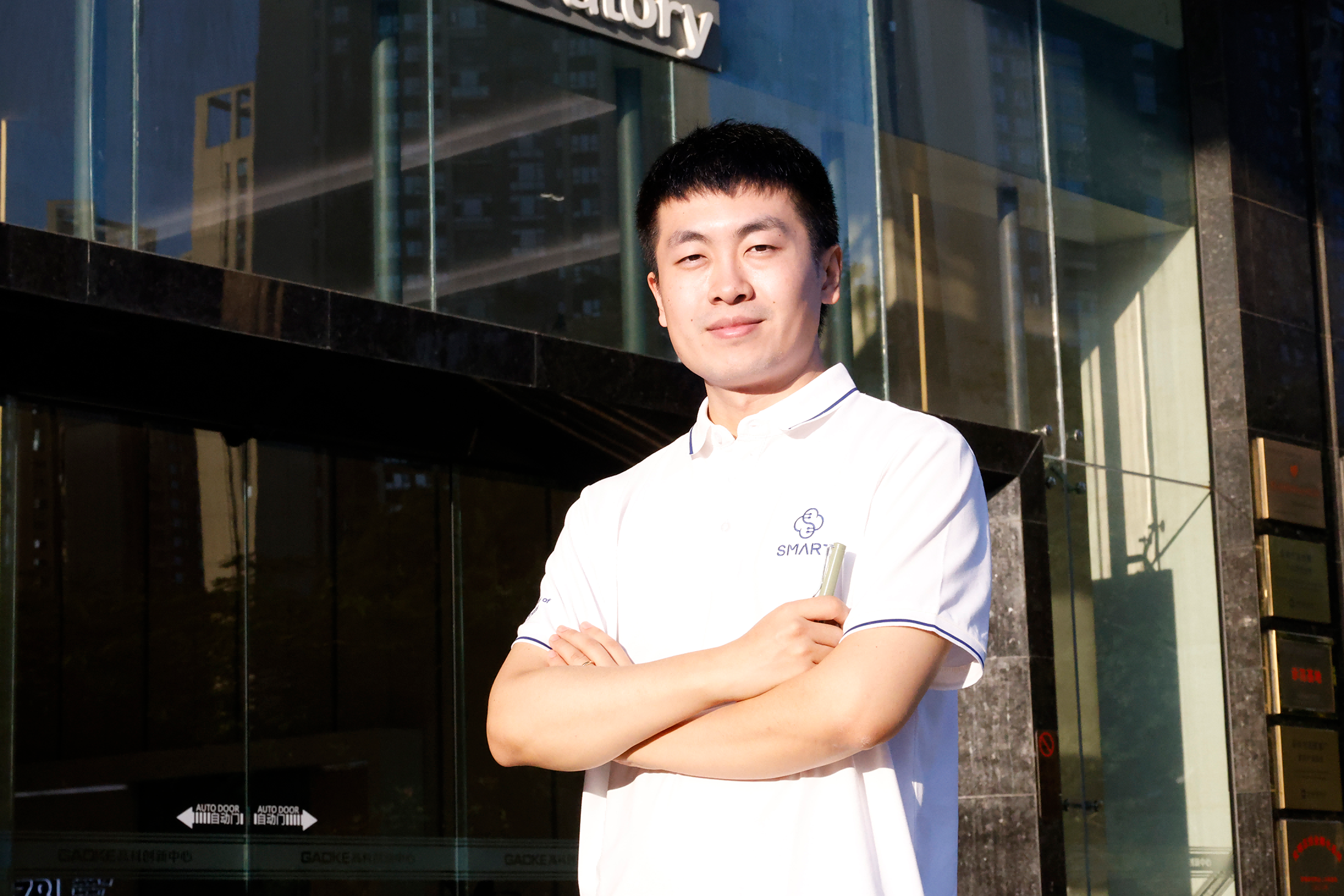
Dr. SHENG Xinlei received his Bachelor's degree in Life Sciences from Tsinghua University in 2013 and his Ph.D. in Molecular Biology from Princeton University in 2021. After obtaining his Ph.D., he conducted postdoctoral research at Princeton University (July 2021 – November 2021) and the University of Chicago (December 2021 – October 2025). In November 2025, he joined the Shenzhen Medical Academy of Research and Translation as a Junior Principal Investigator.
Over the years, Dr. SHENG has focused on elucidating the molecular mechanisms of protein post-translational modifications (PTMs) in the regulation of innate immunity. By developing innovative proteomics technologies, he has systematically explored the roles of PTMs in viral infection and tumor immunology, laying a solid foundation for the advancement of precision medicine.
Dr. SHENG's research group will continue to center on PTMs and innate immune regulation, leveraging its strengths in proteomics technology development to investigate the functional and regulatory mechanisms of PTMs during viral infection and within immune cells. The group will also deepen interdisciplinary research combining biomedicine and artificial intelligence, driving innovation in proteomics-driven precision medicine.
* Equal contributions
1. Sheng, X., Lin, H., Cole, C.A., Zhao, Y. (2025). Biochemistry and regulation of histone lysine L-lactylation. Nature Reviews Molecular Cell Biology.
2. Gao, Y., Sheng, X.*, Tan, D., Kim, S., Choi, S., Paudel, S., Lee, T., Yan, C., Tan, M., Kim, K.M., Cho, S.S., Ki, S.H., Huang, H., Zhao, Y., Lee, S. (2023). Identification of Histone Lysine Acetoacetylation as a Dynamic Post-Translational Modification Regulated by HB01. Advanced Science.
3. Song, B., Sheng, X.*, Justice, J.L., Lum, K.K., Metzger, P.J., Cook, K.C., Kostas, J.C., Cristea, I.M. (2023). Intercellular communication within the virus microenvironment affects the susceptibility of cells to secondary viral infections. Science Advances.
4. Shi, W., Sheng, X.*, Dorr, K.M., Hutton, J.E., Emerson, J.I., Davies, H.A., Andrade, T.D., Wasson, L.K., Greco, T.M., Hashimoto, Y., Federspiel, J.D., Robbe, Z.L., Chen, X., Arnold, A.P., Cristea, I.M., Conlon, F.L. (2021). Cardiac proteomics reveals sex chromosome-dependent differences between males and females that arise prior to gonad formation. Developmental Cell.
5. Sheng, X., Cristea, I.M. (2021). The antiviral sirtuin 3 bridges protein acetylation to mitochondrial integrity and metabolism during human cytomegalovirus infection. PLoS Pathogens.